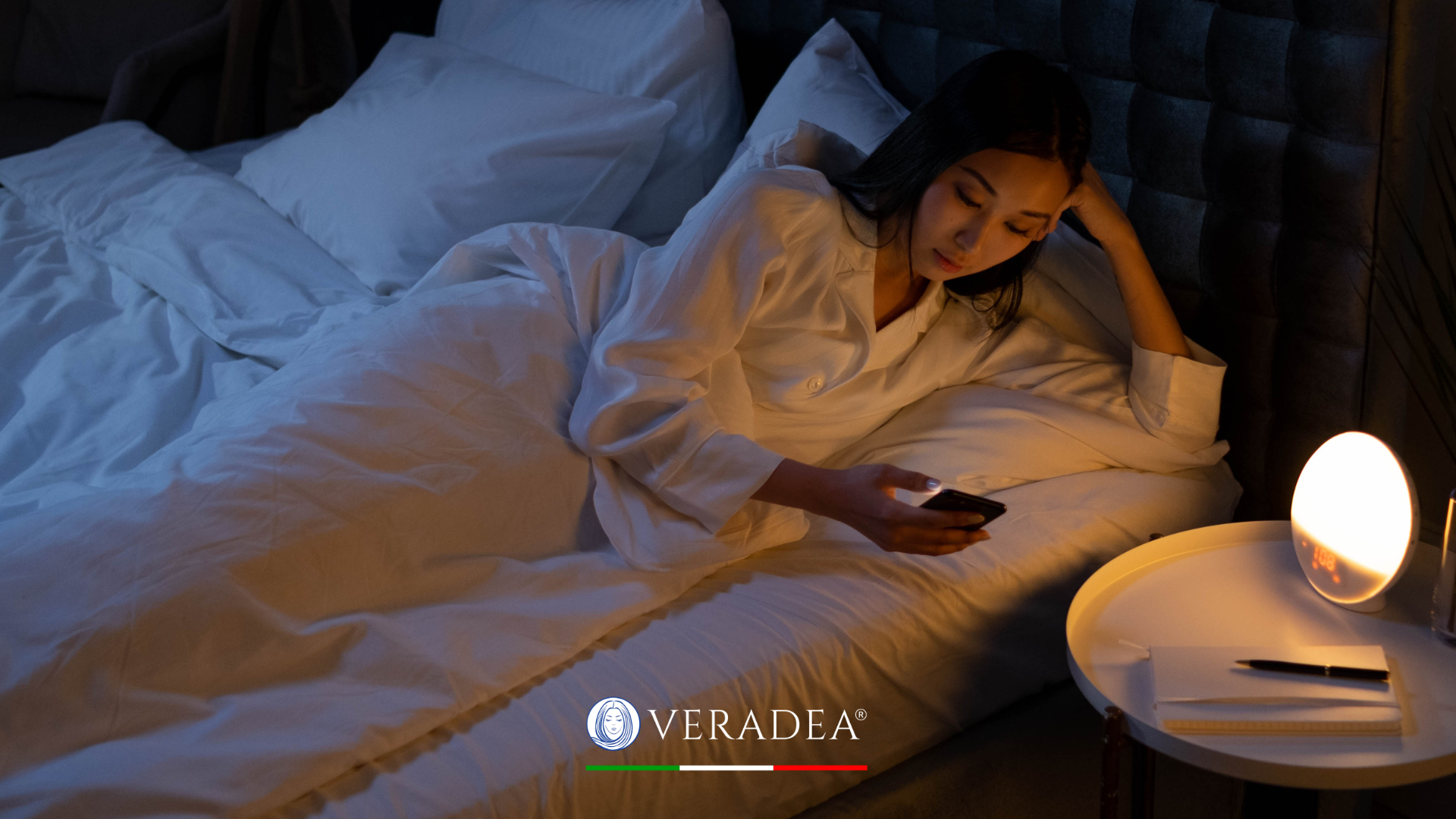
Trouble sleeping? Here’s what people search (and find) online when nights become tough
Sleepless nights are no longer exceptional: according to recent data, over 30% of Italians report difficulty falling asleep, frequent awakenings, or unsatisfactory sleep quality. And when sleep becomes a problem, the first impulse is to turn to Google for solutions to questions like:
- why can’t I sleep
- how to fall asleep quickly
- insomnia causes and remedies
- best mattress for sleeping well
- neck pain and sleep
But behind these searches lies much more than simple curiosity: it's an urgent need to restore a fundamental aspect of life.
Sleep is not a choice, it’s a biological necessity
Sleeping well is not a luxury but a physiological necessity. At night, the brain processes information, the body repairs tissues, and the immune system strengthens. Missing sleep or sleeping poorly for extended periods affects mood, concentration, metabolism, blood pressure, and cellular aging. Even after eight hours of sleep, many still feel tired—not because they didn’t sleep enough but because they didn’t sleep well.
Sleep disorders—like insomnia, nighttime awakenings, and difficulty falling asleep—are red flags that often result from poor habits, stress, or issues with the sleep environment.
The most googled causes of insomnia and how to tackle them
By analyzing search trends, we can see the reasons people with sleep issues often identify:
- Stress and anxiety: an overactive mind is the number-one enemy of sleep. Relaxation techniques and evening rituals—like reading—are essential.
- Excessive screen use: blue light disrupts melatonin production, so screens should be turned off at least an hour before bedtime.
- Poor evening diet: heavy meals, sugar, or caffeine close to bedtime—opt for herbal teas instead.
- Unfavorable environment: light, noise, and improper temperature can severely disrupt sleep.
If, after trying various fixes, sleep issues persist, attention should shift to the support we use to sleep on. Recent research indicates an inadequate support surface can deeply impair sleep quality—leading to neck pain, muscle tension, and frequent awakenings. This often prompts online mattress‑related searches.
How to choose the right mattress: top searches
More and more people, after restless nights, search for mattress solutions such as: back‑pain mattresses, most comfortable mattresses, cervical pillows, or comparing memory foam vs sprung mattresses.
Sleep science confirms a proper sleep system can significantly improve sleep quality. A mattress that is too firm or too soft can create pressure points, disrupt posture, and cause muscle pain. First‑time mattress buyers often feel overwhelmed by technical terms and hundreds of models. Here are some of the most searched mattress types:
- Memory foam mattress: praised for adapting to body shape and reducing pressure points. Ideal for restless sleepers or those with heavier builds seeking medium‑firm support.
- Hybrid mattress: combines memory foam and springs for balanced support and breathability; pocketed springs offer gentle, personalized support.
- Orthopedic mattress: recommended for those with back problems.
Searchers also look for features like temperature regulation, removable hypoallergenic covers, washable fabrics, and natural or advanced materials.
When the pillow also makes a difference
The pillow is often overlooked but plays a vital role in lasting sleep. Side sleepers need thicker pillows to align necks with spines. Back sleepers prefer thinner ones. People with cervical pain often choose ergonomic memory foam pillows for neck support, while hot sleepers need breathable, thermoregulating pillows with natural‑fiber covers.
What people usually choose after searching online
From review analysis, forums, and buying trends, the most commonly chosen products for better sleep are:
- Medium‑firm foam mattresses with breathable memory‑gel layers
- 7‑zone support mattresses that adapt to body contours
- Hypoallergenic or removable‑cover mattresses, ideal for hygiene needs
- Shaped memory cervical pillows, especially helpful for neck pain or morning headaches
Many users report noticeable benefits within days—less pain, fewer awakenings, and feeling fresher in the morning.
The first step toward better sleep? Do your research
Sleep quality depends on many factors, but the easiest one to change is what you sleep on. If you're looking for real solutions, start by gathering information, comparing options, and tuning into your body.
On the Veradea website, you'll find in-depth information, practical advice, and a curated range of mattresses and pillows designed to meet your specific needs—helping you rediscover well‑being through truly restful nights.
